-
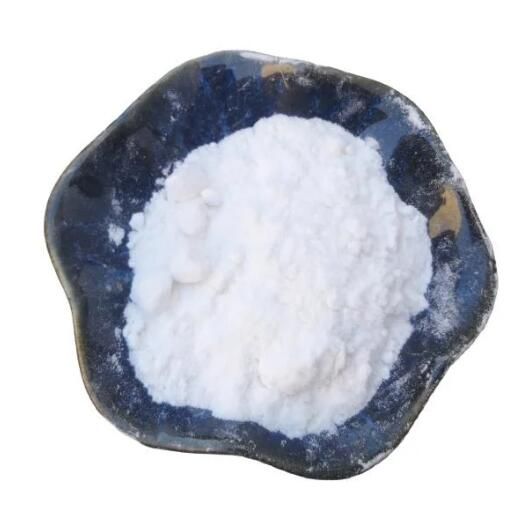
dUMP, 2′-Deoxyuridine-5′-monophosphate, disodium salt CAS:42155-08-8
2′-Deoxyuridine-5′-monophosphate (dUMP) is a nucleotide derivative involved in DNA synthesis and repair. It serves as a precursor for dTTP (deoxythymidine triphosphate), which is a necessary building block for DNA replication. dUMP is also a key component in the process of thymidylate biosynthesis, where it is converted into dTMP (deoxythymidine monophosphate) by the enzyme thymidylate synthase. This conversion is essential for maintaining proper nucleotide balance and DNA integrity within cells.
-
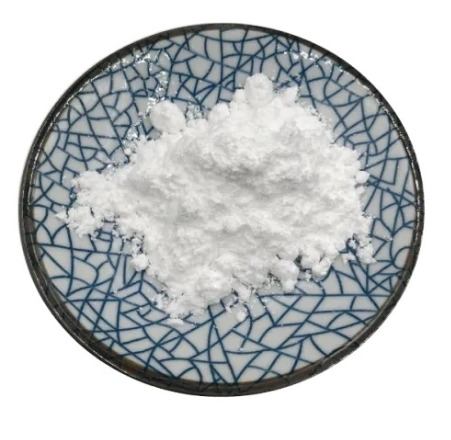
2′-Deoxythymidine CAS:50-89-5 Manufacturer Price
2′-Deoxythymidine, also known as thymidine, is a nucleoside that functions as a building block for DNA. It is crucial for DNA synthesis and plays a key role in the accurate transmission of genetic information in cells. 2′-Deoxythymidine is essential for cell growth, replication, and function, and it is actively involved in DNA repair processes. In scientific research, 2′-Deoxythymidine is used as a precursor for the synthesis of oligonucleotides and as a tool for studying DNA-protein interactions, DNA sequencing, and other molecular biology techniques.
-
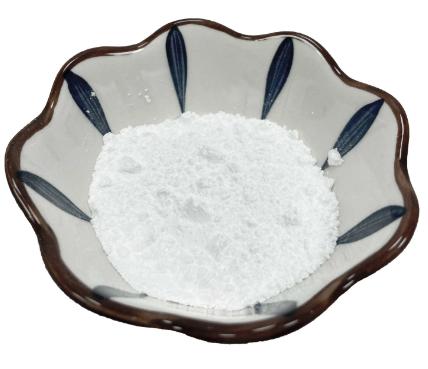
5-Iodo-2′-deoxycytidine CAS:54-42-2 Manufacturer Price
5-Iodo-2′-deoxycytidine is a modified form of the nucleoside deoxycytidine. It contains an iodine atom substituted at the 5th position of the pyrimidine ring. This compound has shown potential utility in cancer research and treatment due to its ability to induce DNA damage and affect cell proliferation. It is often used as a research tool in studies related to nucleoside analogs and their effects on cellular pathways. Additionally, its potential role as a radiosensitizer in cancer therapy is also under investigation.
-

Cytidine-5′-triphosphate disodium salt CAS:36051-68-0
Cytidine-5′-triphosphate disodium salt (CTP-Na2) is a nucleoside triphosphate that serves as a building block in the synthesis of RNA. It plays a critical role in cellular metabolism, serving as a substrate for RNA polymerases in transcription and as an energy source for various enzymatic reactions. CTP-Na2 is often used in biochemical and molecular biology research as a component in reactions involving RNA synthesis, modification, and regulation. Its disodium salt form increases its solubility in aqueous solutions, making it more convenient for laboratory use.
-
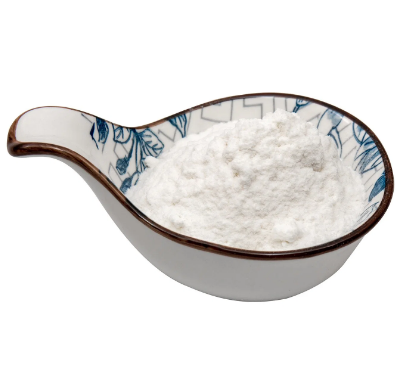
Ribonucleic acid from Baker’s Yeast CAS:63231-63-0
Ribonucleic acid (RNA) from Baker’s yeast, also known as Saccharomyces cerevisiae, refers to the RNA molecules present in this common single-celled fungus. It serves various essential functions in the cell, including protein synthesis, enzymatic activity, and gene regulation. RNA from Baker’s yeast is of interest to scientists and researchers studying molecular biology, genetics, and cellular processes. It is utilized in a wide range of experiments and studies to gain insights into gene expression, RNA processing, and the molecular mechanisms underlying cellular functions.
-
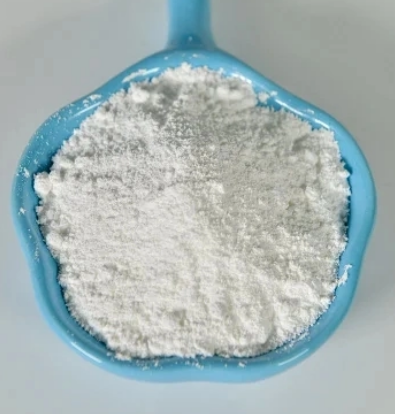
AGOTF CAS:2923-28-6 Manufacturer Price
Silver trifluoromethanesulfonate, also known as silver triflate, is a silver salt of trifluoromethanesulfonic acid. It is a versatile reagent and catalyst in organic synthesis, commonly used in various chemical transformations such as carbon-carbon bond formation, nucleophilic substitution, and rearrangement reactions. Silver trifluoromethanesulfonate is valued for its ability to activate substrates, as well as its compatibility with a wide range of functional groups.
-
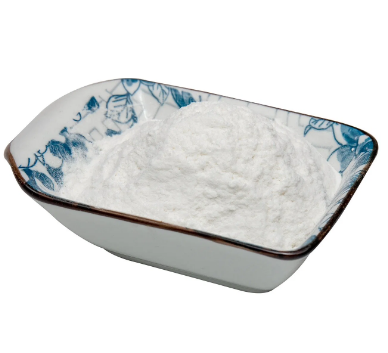
2′-O-Methyluridine CAS:2140-76-3 Manufacturer Price
2′-O-Methyluridine is a modified nucleoside that contains a methyl group at the 2′ position of the ribose ring. It is an important building block in the synthesis of modified RNA molecules and has been studied for its potential biological and pharmacological properties. Some of its reported applications include its use in RNA research, as a component in the production of modified RNA for therapeutic and functional genomics applications, and as a tool in the study of RNA structure and function.
-
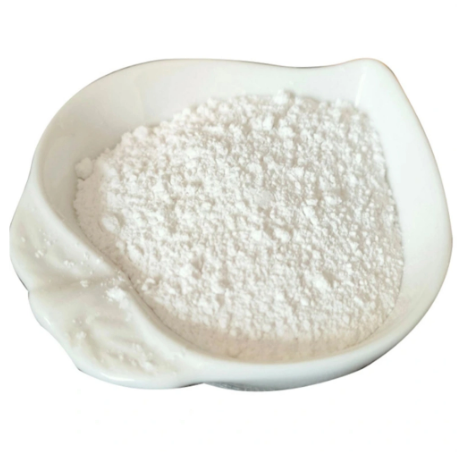
Guanine CAS:73-40-5 Manufacturer Price
Guanine is one of the four main nucleobases found in the nucleic acids DNA and RNA. It forms base pairs with cytosine and its chemical structure includes a fused ring system and functional groups that are crucial for genetic information storage and transfer. Additionally, guanine is involved in various biological processes, including signaling pathways and energy transfer reactions.
-
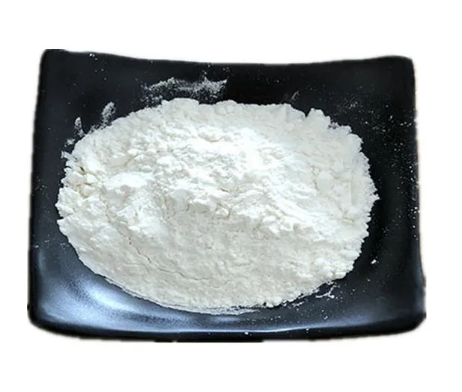
2′-Deoxyuridine CAS:951-78-0 Manufacturer Price
2′-Deoxyuridine is a nucleoside that consists of the nucleobase uracil linked to a deoxyribose sugar. It is an essential building block of DNA and is involved in the replication and transcription of genetic material. 2′-Deoxyuridine is used in scientific research as a precursor for the synthesis of DNA and in various molecular biology techniques. It plays a critical role in understanding genetic processes, as well as in the development of potential therapeutic applications in areas such as antiviral therapy and cancer treatment.
-

5-Methyluridine CAS:1463-10-1 Manufacturer Price
5-Methyluridine is a modified nucleoside that contains the base uracil and a methyl group. It is involved in RNA metabolism and plays a role in the biosynthesis of coenzyme Q10. Research also suggests its potential therapeutic applications in cancer treatment and as a biochemical marker for some metabolic disorders.
-
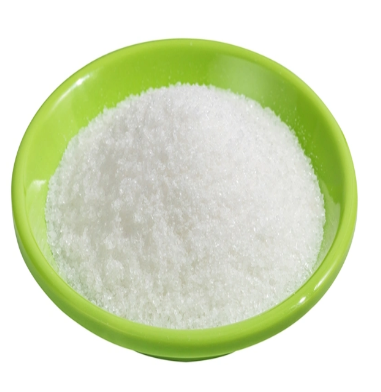
Cytosine CAS:71-30-7 Manufacturer Price
Cytosine is one of the four main nitrogenous bases found in DNA and RNA. It pairs with guanine through three hydrogen bonds in DNA. Its chemical structure includes a pyrimidine ring and an amine group. In DNA, cytosine can undergo deamination to form uracil, which can lead to mutations if not repaired. Cytosine plays a crucial role in genetic coding and the transfer of genetic information.
-
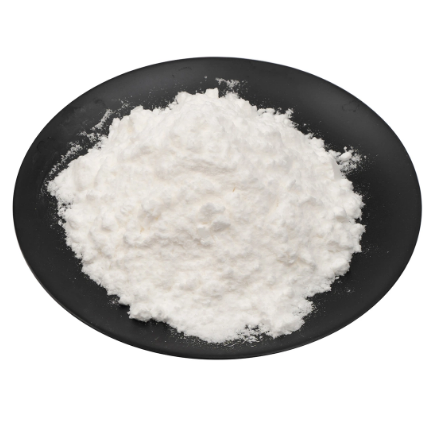
4-Nitrophenyl phosphate disodium salt hexahydrate CAS:4264-83-9
4-Nitrophenyl phosphate disodium salt hexahydrate is a chemical compound often used in biochemical and pharmaceutical research. It is a salt form of 4-nitrophenyl phosphate, containing two sodium ions and six water molecules. This compound is commonly employed as a substrate for phosphatase assays and in the study of enzyme kinetics.

